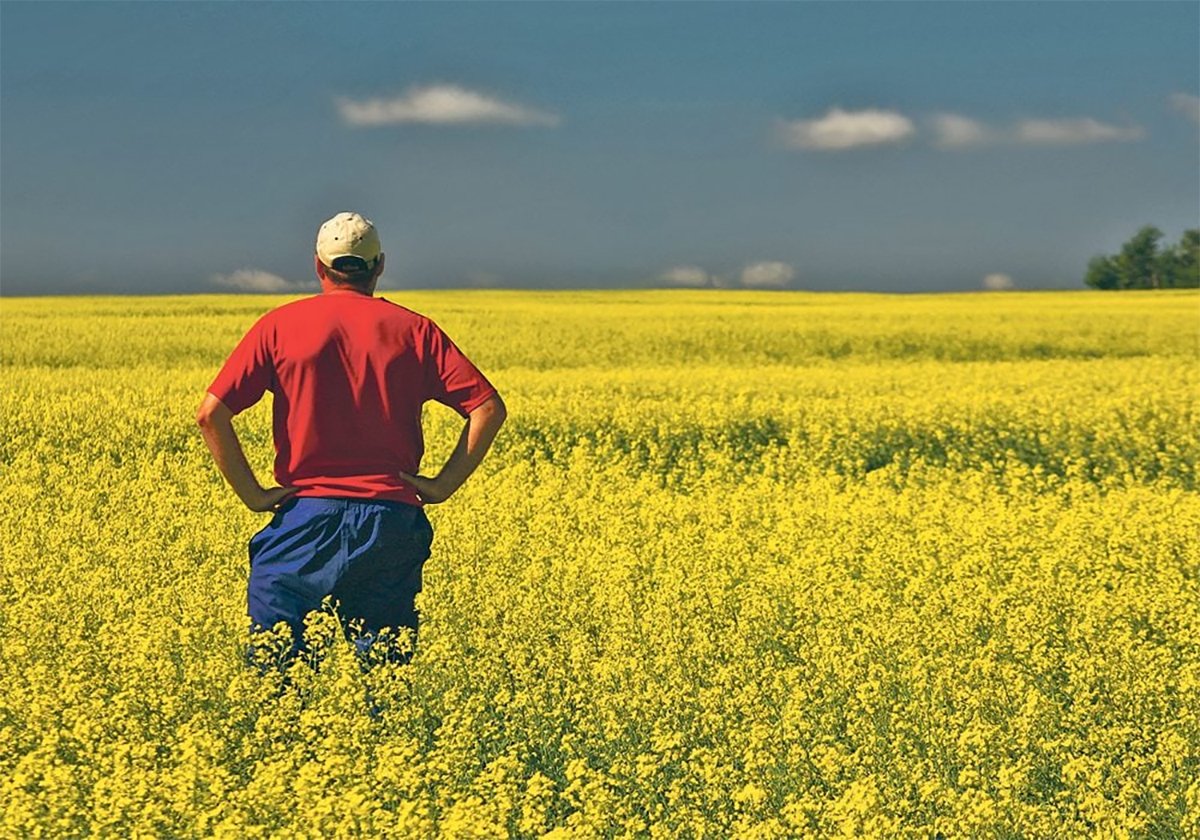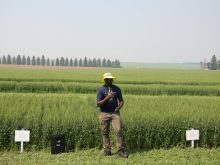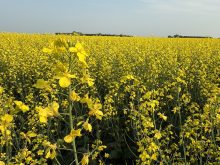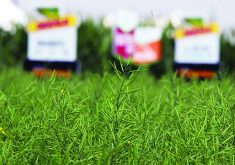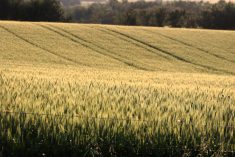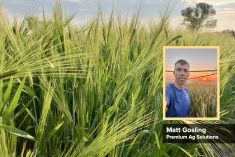SASKATOON — Jack Payne says the Canola Council of Canada’s abandonment of its field agronomy program is a big loss to the industry.
The southern Alberta agronomist and former Olds College instructor leaned heavily on those agronomists for support.
“I’ve got a vacancy now because when it came to canola, the canola council agronomists were my go-to people for second opinions and recommendations,” he said.
Read Also
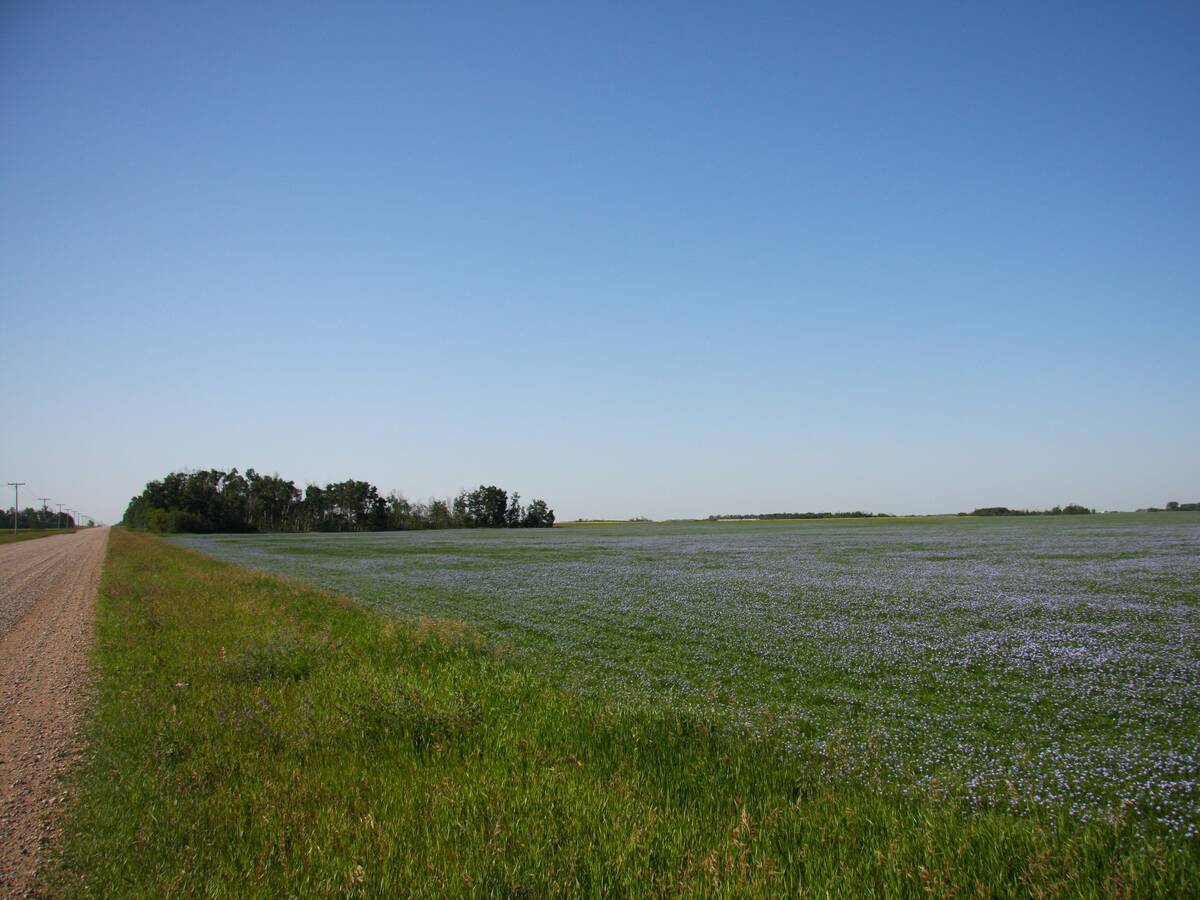
Farmland advisory committee created in Saskatchewan
The Saskatchewan government has created the Farm Land Ownership Advisory Committee to address farmer concerns and gain feedback about the issues.
His analogy is that he sees himself as a general practitioner, and they were the specialists.
Payne does not profess to know it all, so it was nice to be able to call the specialist for help with a diagnosis.
“I feel the strength of an agronomist is through the network of information and other people who have experience and that’s what I rely on,” he said.
“You’re looking for somebody to validate your opinion or your diagnosis.”
The council recently issued a news release announcing a new strategic framework with three core priorities.
It plans to increase the volume of Canadian canola to meet domestic and export markets, develop and defend Canadian markets for canola and canola products and strengthen co-ordination and engagement with industry partners.
Its “re-focused agronomy function” will be to identify and address threats, production risks and innovations that will impact canola in the years ahead.
“As a result, the council will not maintain a field-based agronomy team moving forward,” it stated in the release.
Payne wonders who he can call when he sees something in a field and needs a second opinion.
“You’re looking for somebody to validate your opinion or your diagnosis,” he said.
“It just leaves me with a big void. I don’t know where to go now.”
He imagines many farmers are suddenly facing a similar void.
“They’re looking for an unbiased source, and the canola council agronomists certainly provided that,” said Payne.
Tracy Broughton, executive director of the Saskatchewan Oilseeds Development Commission, said as a core funder of the council, her organization is pleased with its new strategic direction.
With limited resources and rising costs, she is happy to see the council focus on trade, market access and regulatory issues.
“Seeing the laser focus and the prioritization as a funder is a positive,” said Broughton.
She said the council’s agronomy team had a big role to play in expanding Canada’s canola acres.
“But we are a mature industry now, so I think it was time to consider opportunities for change,” she said.
The commission was part of the discussion around the council’s board table when this decision was made, so it came as no surprise.
Broughton said farmers will still have some independent agronomists to help them out, such as SaskOilseeds’ own extension specialist.
Saskatchewan Agriculture has a provincial oilseed specialist, a pathologist, some regional specialists and its Agriculture Knowledge Centre.
Agriculture Applied Research Management (AgriArm) operates a network of eight producer-directed applied research and demonstration organizations across the province.
Broughton said large farms are also increasingly dabbling in their own research and on-farm testing.
“There are a lot of farms that have their own agronomists, and they might be managing their own internal research programs,” she said.
SaskOilseeds can provide support to those growers by passing along research protocols they can use to set up and analyze their on-farm trials.
Broughton said when it’s all added up, there should still be good agronomy support for the province’s canola farmers.
“I feel we have a pretty strong network in Saskatchewan here,” she said.
However, SaskOilseeds will monitor the situation closely to see if farmer needs are being met and will respond if they are not.
“If we have to look at expanding our staff, then we would consider that,” said Broughton.
Payne said other provinces do not have agronomy networks and supports as robust as Saskatchewan’s.
He noted that Alberta has not even had an oilseed specialist since Murray Hartman retired several years ago.
That means growers will have to rely on private agronomists, who may be very knowledgeable but won’t be providing their thoughts for free.
Broughton was asked if the new strategy had anything to do with enticing Richardson International back into the fold.
Richardson withdrew its funding from the council in late 2017 for a variety of reasons, including what it felt was a duplication of agronomy work. The grain company wondered why the council was competing with private sector agronomists.
Broughton said the discussion around the council’s boardroom table was not about Richardson specifically, but more about being as efficient as possible with the funding it has.
Richardson was contacted for this story but did not respond.
Broughton noted that the council will be maintaining its online publications and tools, such as its Canola Digest publication and the Canola Research Hub.
She praised the council’s agronomy program for helping take canola from a crop that was only grown in specific areas of Saskatchewan and northern Alberta to a broad-acre crop seeded on about 22 million acres of farmland.
“A lot of that is due to the success of the agronomy team over the last three decades,” she said.


